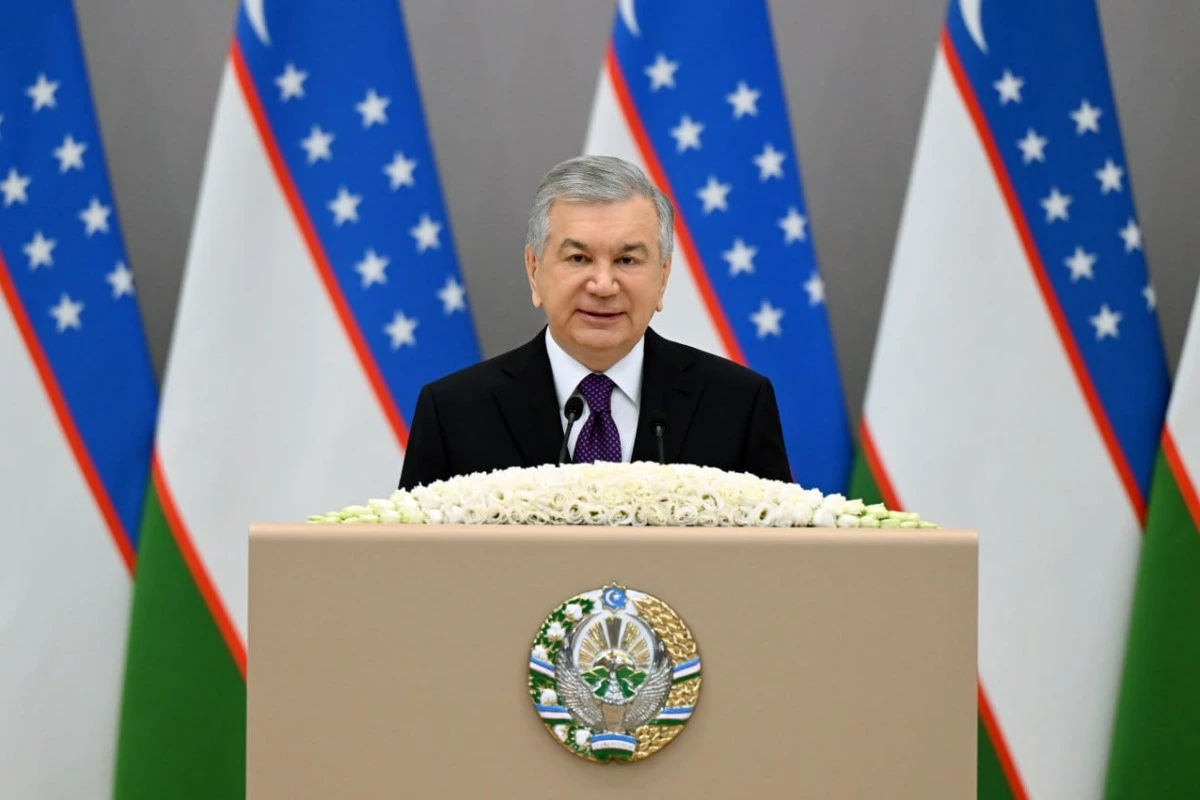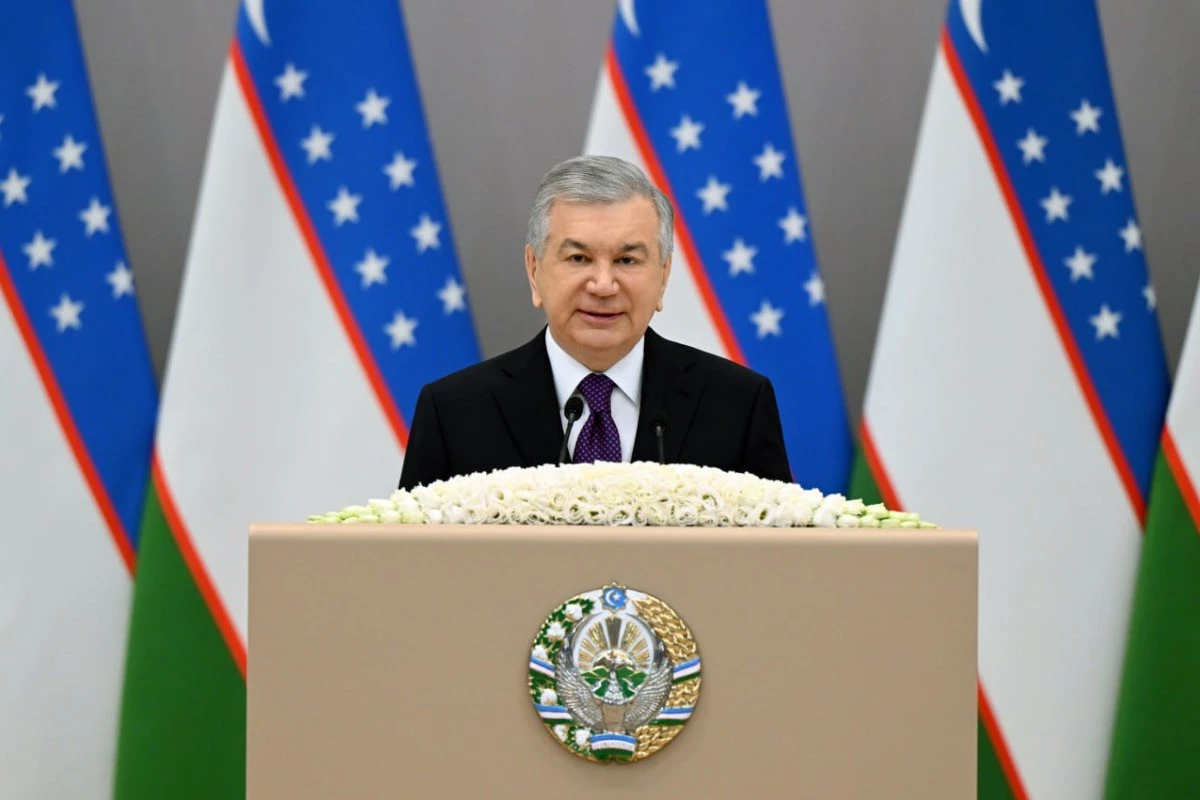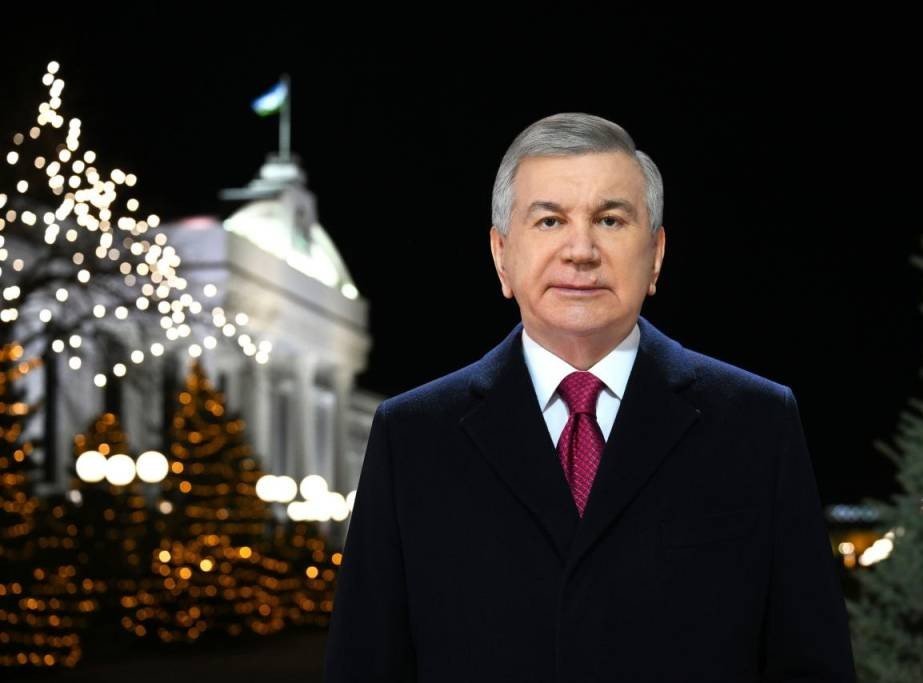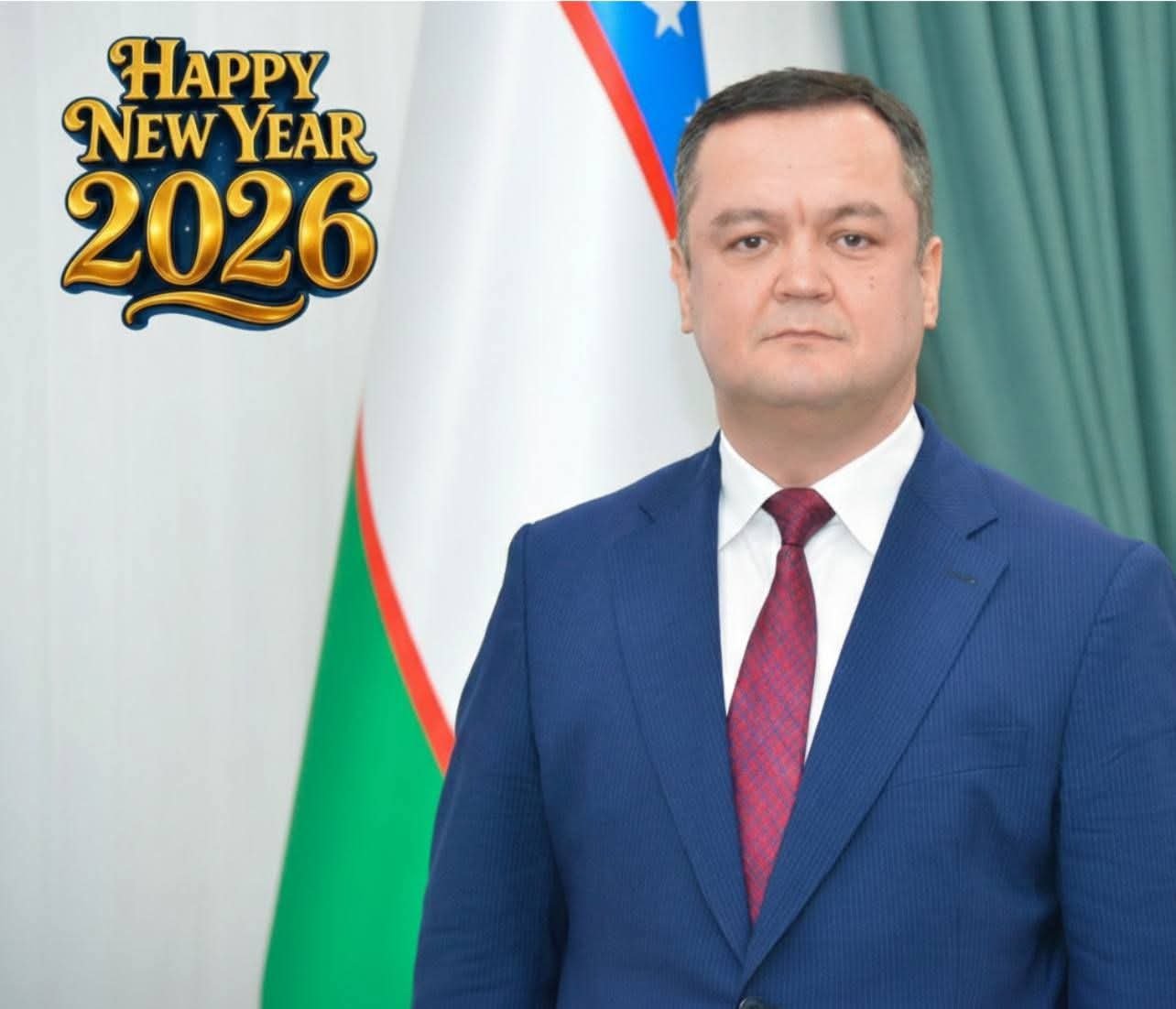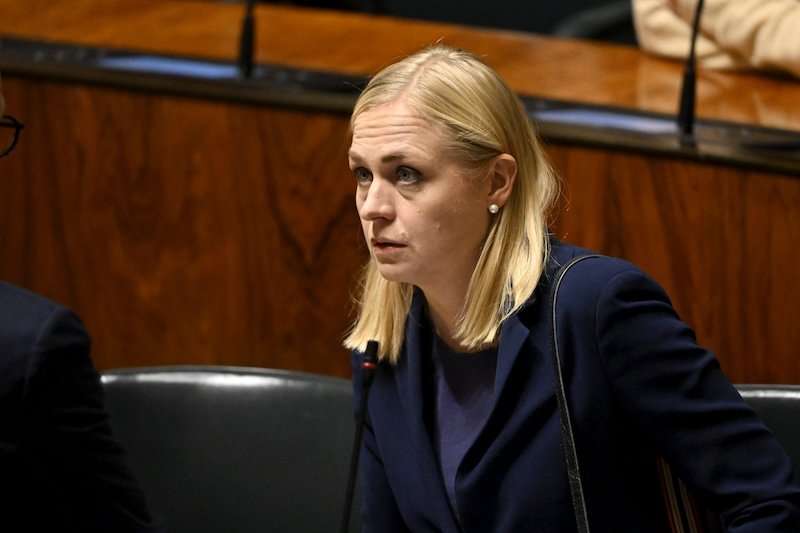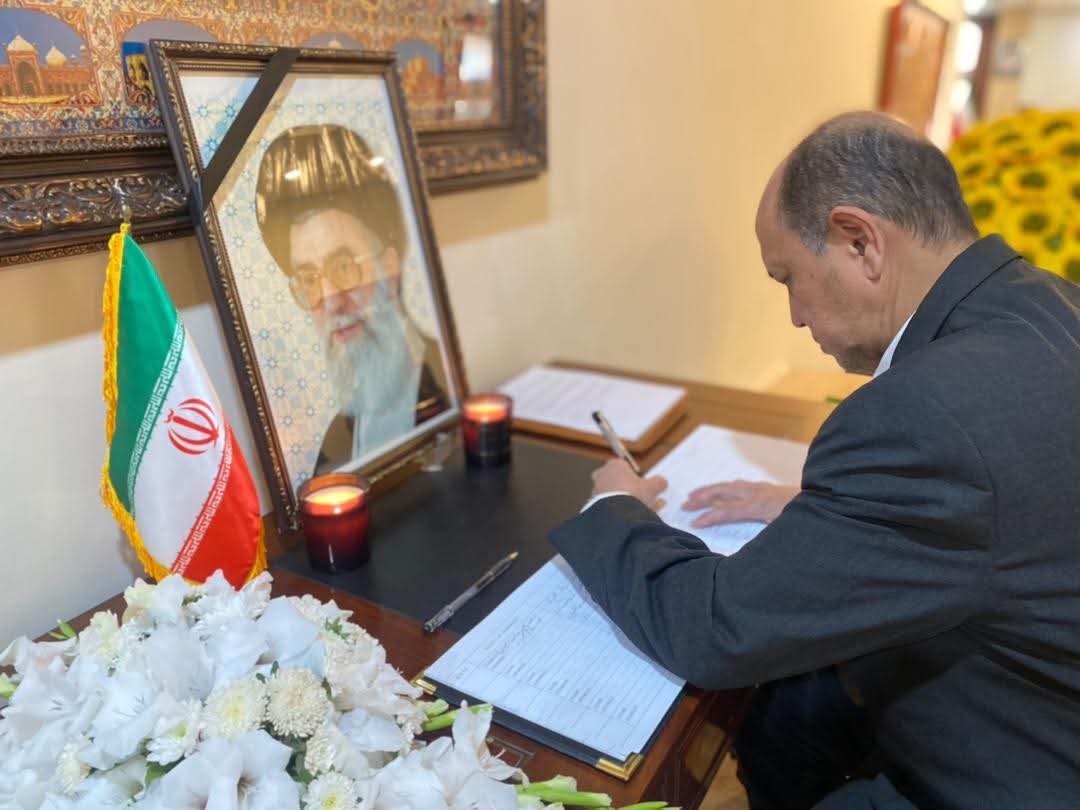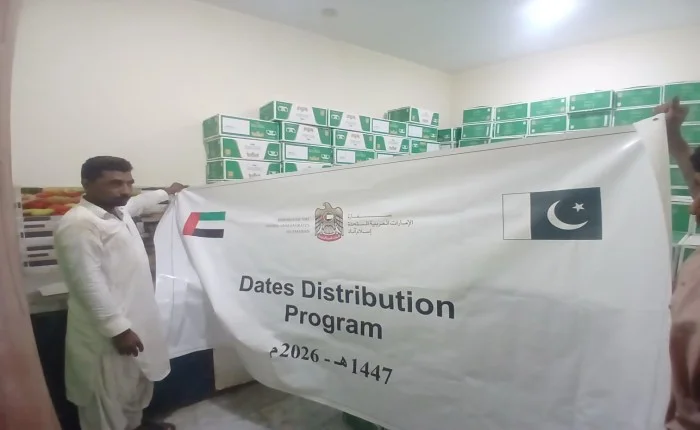Tashkent, July 10, 2025 – The Europe Today: President Shavkat Mirziyoyev chaired a high-level meeting on July 9 to review ongoing measures and announce new initiatives aimed at ensuring road traffic safety, modernizing infrastructure, and reducing traffic congestion across Uzbekistan.
Highlighting the government’s commitment to transportation reforms, the President noted that over 61 trillion UZS have been allocated in recent years for the construction and reconstruction of roads—3.5 times more than the funding levels before 2017.
A number of technological and policy-based innovations have already been implemented. An online appeal system led to a 50% reduction in in-person visits to traffic safety units. Additionally, 3,365 road safety officers have been equipped with electronic tablets and body cameras. Artificial intelligence-based systems now monitor and penalize traffic violations automatically, while special lanes for public transport have been introduced in urban areas.
The President also emphasized recent regulatory relaxations to enhance fairness for drivers. First-time offenders now receive warnings instead of fines, and the use of cameras to record minor infractions like lane markings has been restricted. Public transport lanes are now open in the evening, daytime road work has been banned, and radar zones must be clearly marked with signs.
Despite these reforms, traffic accidents remain a major concern. In 2023 alone, 9,364 road accidents were recorded, causing nearly 9,000 injuries and claiming 2,203 lives. “The fact that every fourth accident results in a fatality, and on average six lives are lost daily, should alarm us all,” the President stated.
To address this crisis, the President announced the launch of the National Program “Safe Road”, accompanied by the re-establishment of the “Safe Road and Safe Pedestrian” Fund, now under government oversight. The fund is projected to receive 400 billion UZS this year and will operate transparently in all regions with input from local authorities and civil society. Priority will be given to eliminating hazardous road sections, starting with 23 identified danger zones spanning 175 kilometers.
Furthermore, all districts have been mandated to establish separate road funds. A new public electronic portal will allow residents to request installation of signs, signals, or crosswalks and later verify the implementation through uploaded visuals.
The President also noted the need to resolve the acute shortage of elevated or underground U-turns and crosswalks. Out of more than 1,200 U-turns on highways, only 146 meet modern interchange standards. A diagnostic review of major highways, including Tashkent–Samarkand–Termez and Samarkand–Bukhara, will be conducted with the World Bank to develop safety enhancement projects.
Improving intercity public transport is also a priority. Currently, buses depart only when filled to capacity. The meeting laid out a strategy to reform medium- and long-distance public transportation. In particular, Tashkent will move to a unified transport system integrating neighboring districts. Twenty existing routes will be extended and six new ones added. The capital is set to receive 200 new buses by September and 1,000 more next year—expected to reduce traffic by 25,000 vehicles.
Inter-regional services will be bolstered with per-passenger subsidies. Fee exemptions for public buses, minibuses, and tourist vehicles will be extended for three years.
Addressing urban congestion, President Mirziyoyev ordered the removal of unjustified road restrictions, particularly near government buildings, and emphasized the need to expand legal parking spaces. He also tasked the Ministry of Transport with launching an electronic platform to engage drivers and address their concerns.
To elevate road discipline, a “Persistent Violators” program will be implemented. Drivers who repeatedly commit serious infractions—such as driving against traffic or running red lights—will be barred from receiving fine discounts. Multiple offenses may lead to license suspension for up to six months, or even permanent revocation. Furthermore, fines will no longer be enforced if more than a month has passed since the violation.
Educational measures will complement enforcement. Road safety programs in schools and kindergartens will be updated, while the “Green Light” student competition will be resumed with presidential recognition for winners. Awareness will be promoted through videos and animated content on traffic rules.
Concluding the meeting, President Mirziyoyev stressed that road safety requires a comprehensive approach encompassing infrastructure development, technology, regulation, and public awareness. Relevant ministries and regional authorities provided progress reports and committed to implementing the newly outlined measures.




